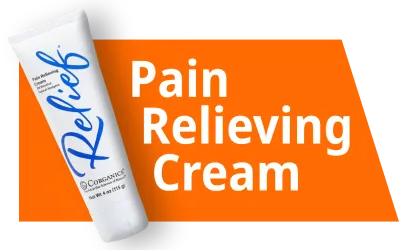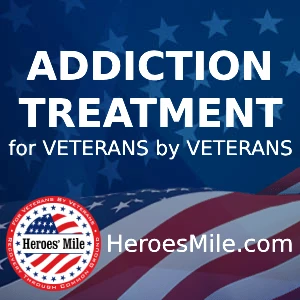Teens are taught that drugs and alcohol are bad, but teens also have many misconceptions about the substances even in this day and age. Prescription drugs are often used to treat chronic pain, and the current opioid crisis is a hot topic that teens need to know about. Enter National Drug and Alcohol Facts Week.
National Drug and Alcohol Facts Week 101
The initiative was created in 2010 by scientists at the National Institute on Drug Abuse. It’s celebrated this year from January 22-27 with a powerful theme: Shatter the Myths. The annual initiative seeks to connect “students with scientists and other experts to counteract the myths about drugs and alcohol that teens get from the internet, social media, TV, movies, music, or from friends.”
Researchers and project leaders hope that teens will learn science based facts about how drugs affect their brains, their bodies and their behavior. Events are held in communities and schools all across the country with the goal of educating and protecting teens.
Key facts: drugs and chronic pain
National Drug and Alcohol Facts Week is closely linked to chronic pain and managing pain. According to the National Institute on Drug Abuse, chronic pain affects approximately 100 million Americans, which is about one-third of the United States population. In fact, the NIDA also reports that chronic pain is the primary cause of Americans going on disability.
Managing pain is a challenge, especially when that pain is chronic. Prescriptions for opioid pain relievers have seen a recent increase. There has been a simultaneous increase in prescription opioid addiction and accidental overdoses.
Opioids include drugs such as oxycontin, hydrocodone (also known as Vicodin), codeine and morphine. These drugs:
- are highly effective in treating pain
- block nerve cells in the brain and spinal cord from receiving pain messages
- tell your body that it is not in pain.
- cause dopamine to be released, which sends a pleasurable feeling throughout the body
Managing chronic pain with opioids can be fine when you follow the prescription directions, but used incorrectly, opioids are highly dangerous. When misused, opioids can slow your breathing, restricting the amount of oxygen that reaches your brain. This results in a condition called hypoxia. Hypoxia can have psychological and neurological effects, and these may be short-term or long-term. These effects include:
- coma
- brain damage
- death
Key facts: opioid abuse
When used in the short-term, opioids can make you feel relaxed, happy and pain-free. But opioids can cause harm if you take them in a way other than instructed. Taking opioids with alcohol or other drugs can also be highly dangerous.
Sometimes people who are abusing prescription opioids turn to heroin. They are chemically similar to opioids and create a high that is similar. Heroin may be easier for people to access than opioids, which also contributes to the overall drug abuse issue. However, it’s important to keep in mind that just a small fraction of people who misuse opioids end up switching to heroin.


Because opioids are prescription medications, teens may see them as being safe and may not recognize the risks of abusing opioid medication. This is just one of the myths and misconceptions that NDAFW events seek to correct.
Get involved with National Drug and Alcohol Facts Week
You can get involved with the NDAFW by hosting your own event in your community. Whether you decide to network with teachers, community centers, or other organizations, holding your own event ensures that the important messaging and facts of this program reach the teens in your own community.
- Click here for free science-based materials for your event.
- Click here to register your event and for a comprehensive guide to help you run it.
If you have high school age students who would like to chat with NIDA scientists, they’ll have the opportunity to do so on the Chat Day, scheduled for January 24, 2019. They will answer questions about drugs, drug misuse, drug effects, what causes addiction, and how to help people who are abusing drugs, further linking teens to science. This is a unique opportunity for teens to establish a dialogue with experts and to get answers to their questions.

How will you get involved with NDAFW?
Tell us in the comments below!
What topics related to teen drug abuse would you like to see us explore?
Email us at info@painresource.com with your ideas.
Are you on Facebook?
Join our online community by clicking here.





